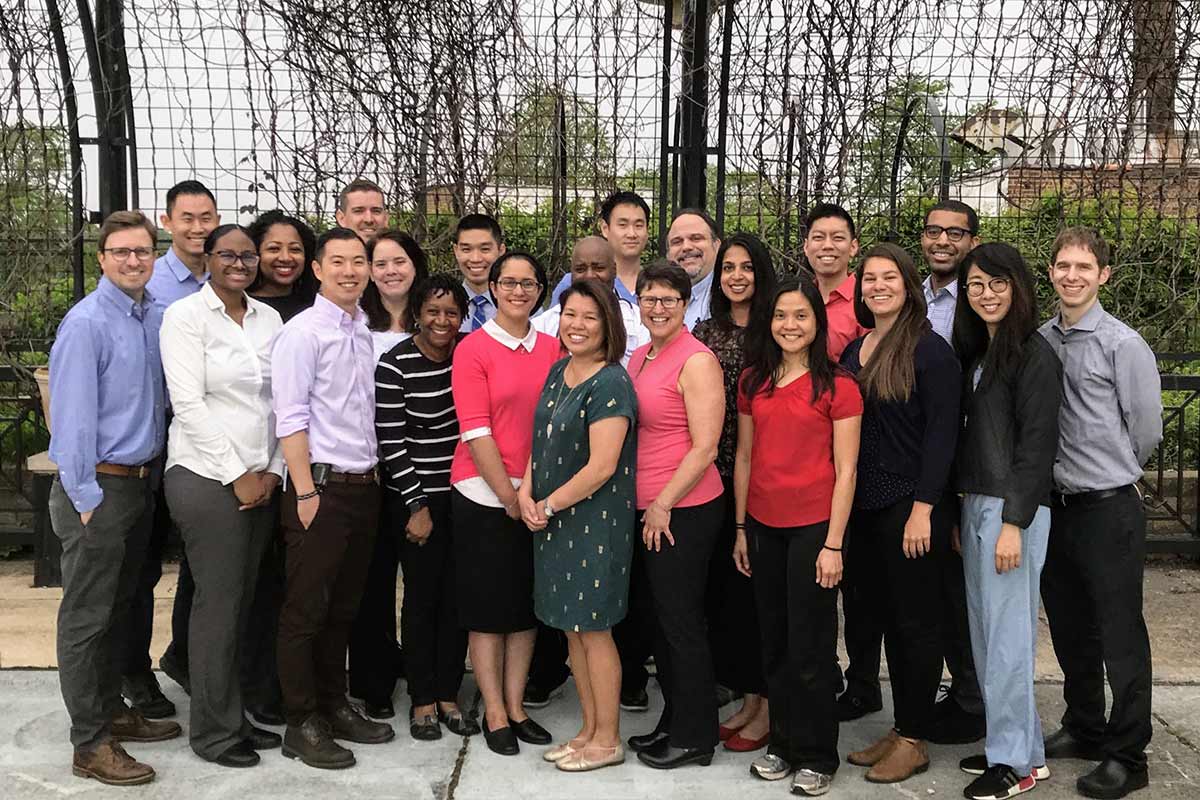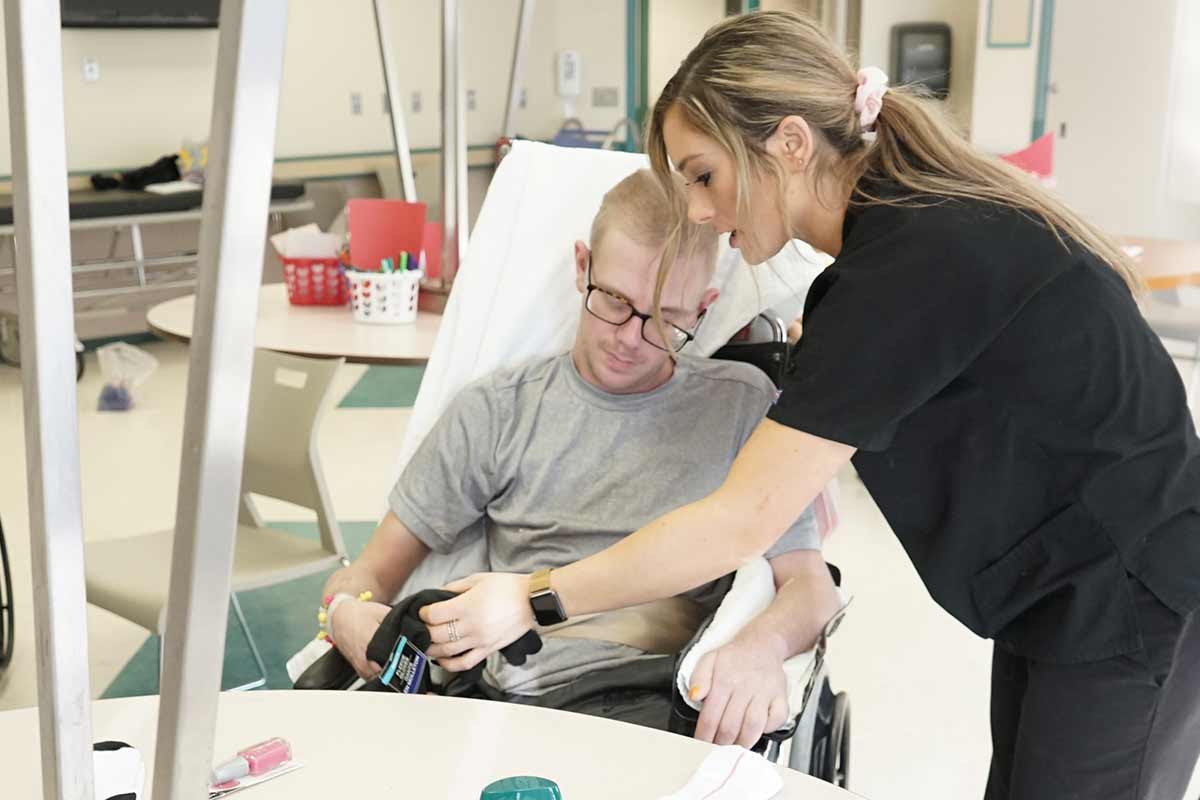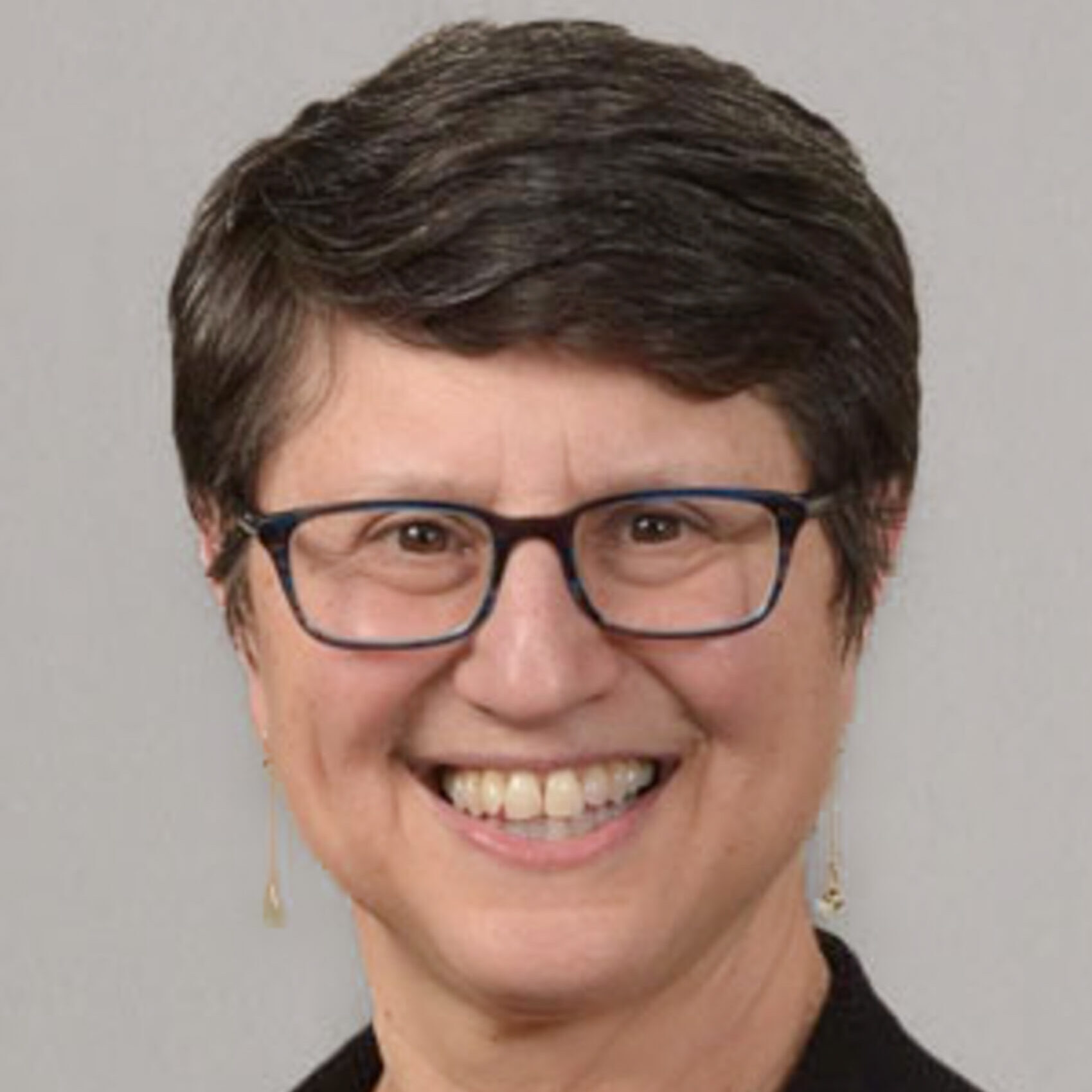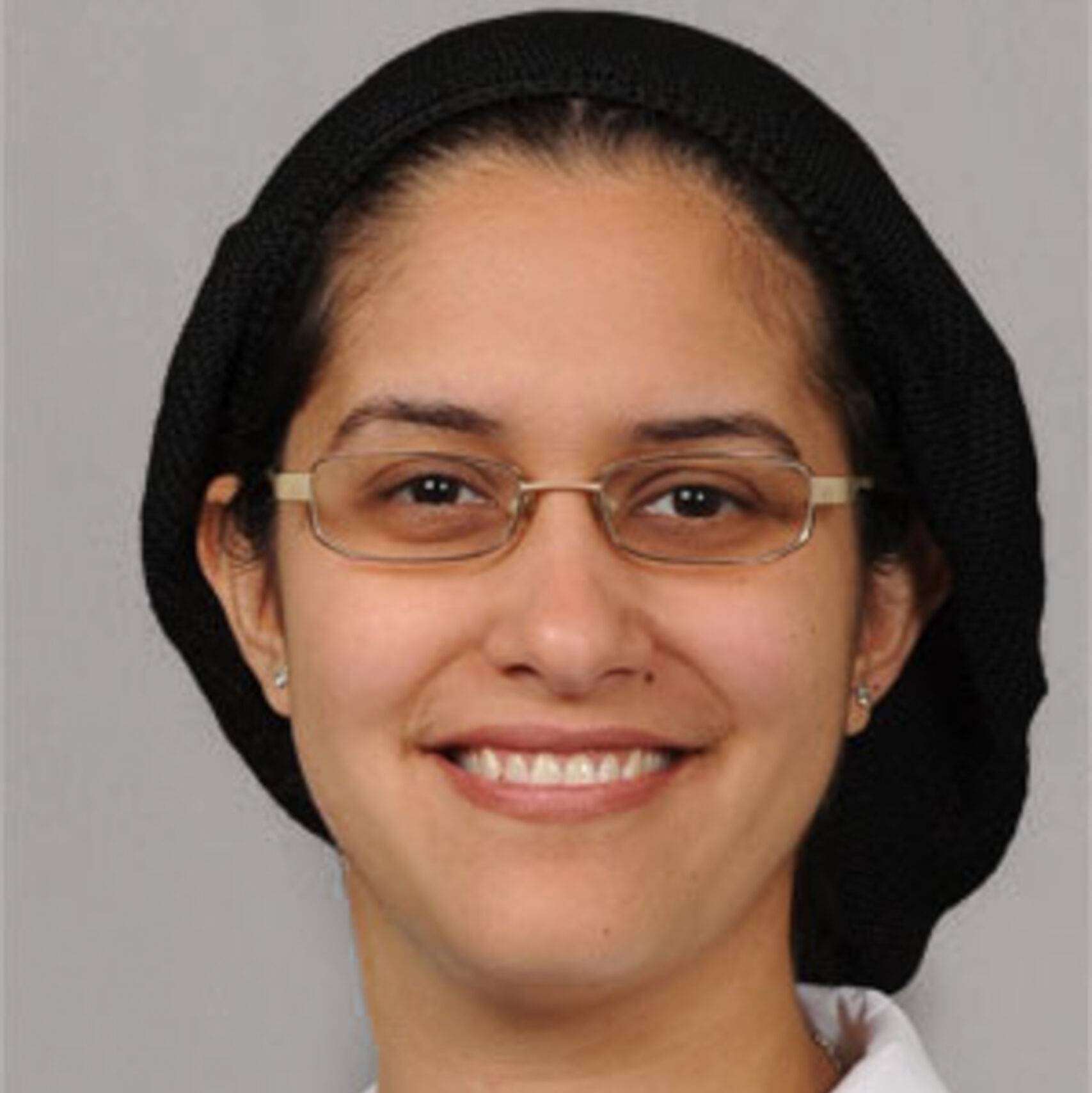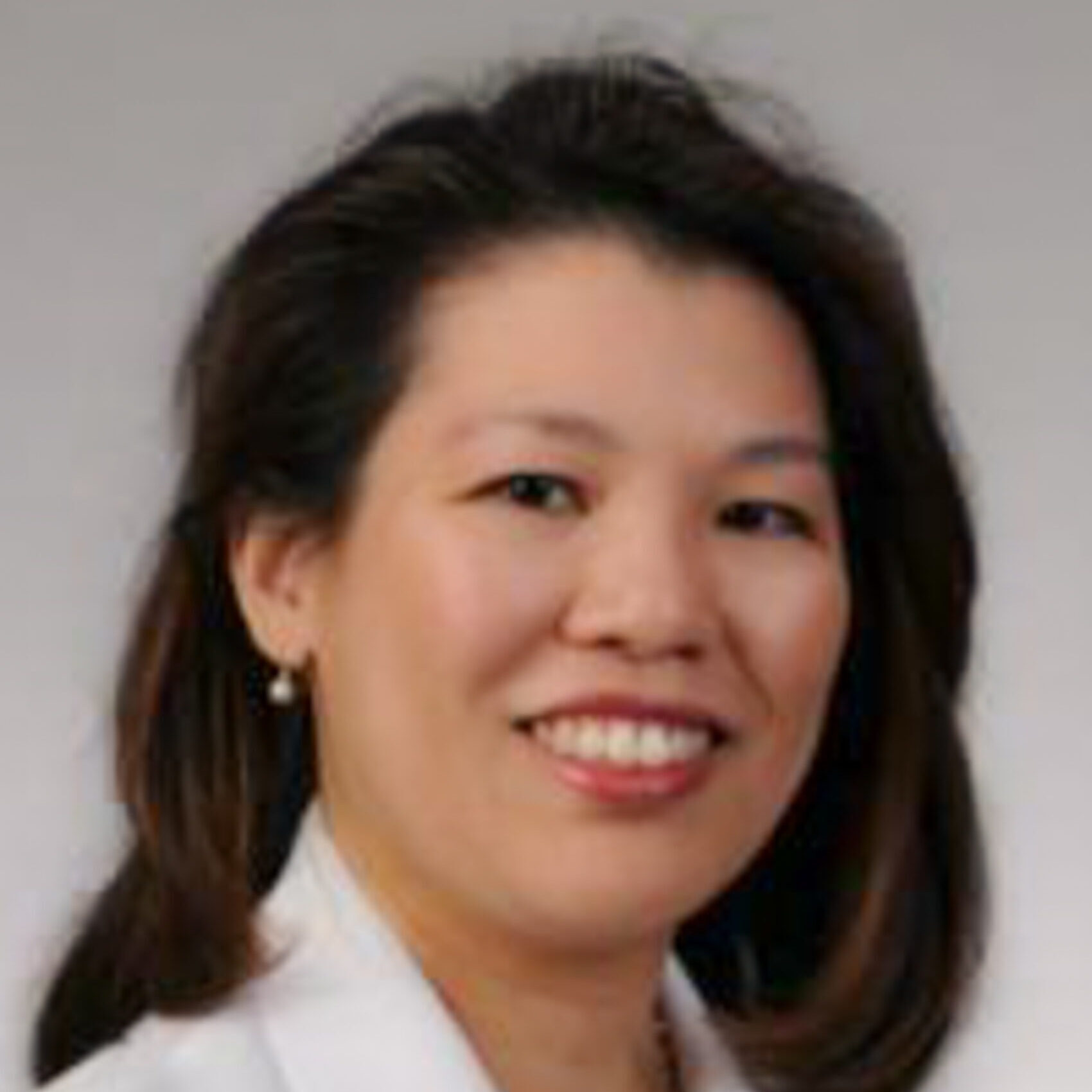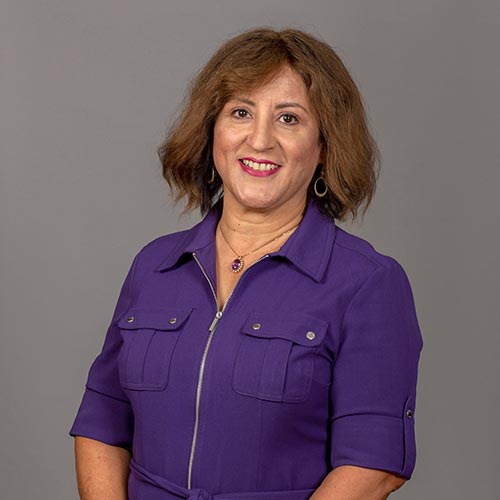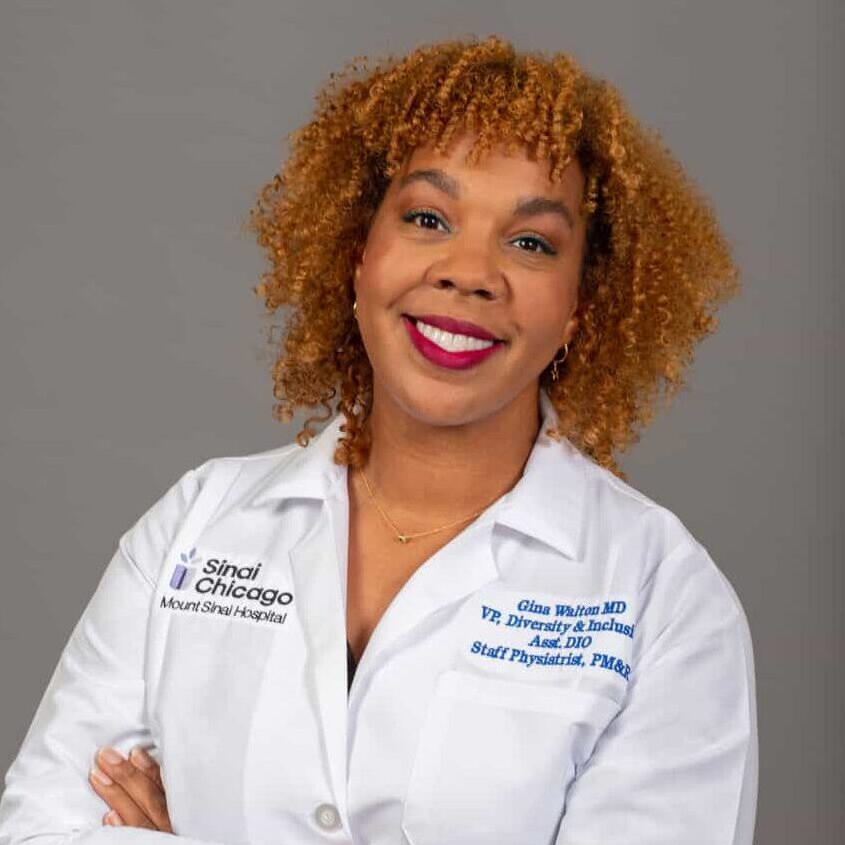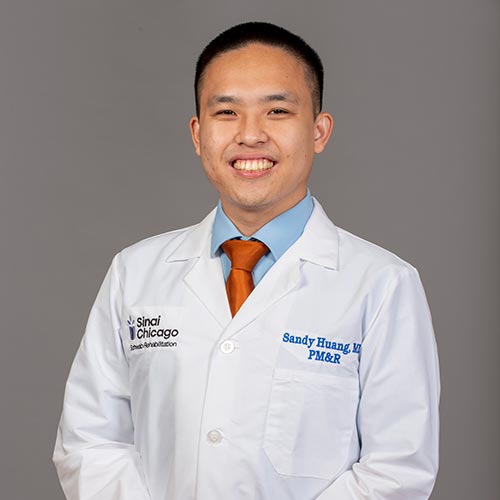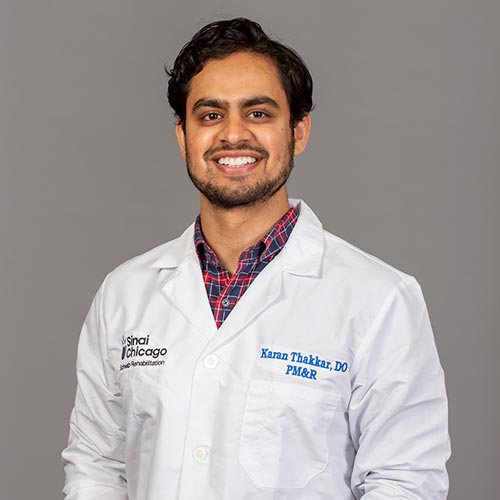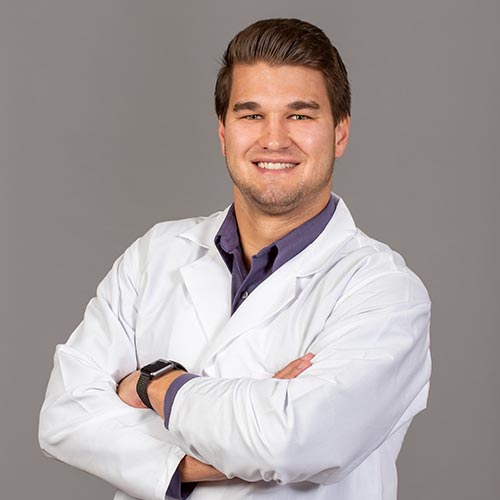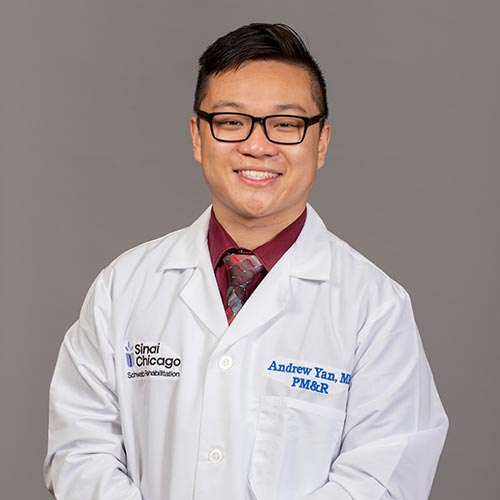Residency stipends are paid through SRH and are as follows:
- Second Year Resident: $60,671.86
- Third Year Resident: $64,836.10
- Fourth Year Resident: $67,594.18
The following are the benefits offered to resident physicians by SRH:
MEDICAL INSURANCE
Resident physicians may select from a variety of plans available provided free of charge by the Hospital. Coverage is effective immediately.
DENTAL INSURANCE
Resident physicians may select employee or employee-plus dependent coverage through this comprehensive plan. Bi-weekly premium deductions from payroll are pre-tax. Coverage is effective the first of the month following forty-five (45) consecutive days of employment.
LIFE INSURANCE
Term life insurance coverage of $10,000 under the provisions of the Hospital and group policy is provided by the Hospital at no cost. Additional coverage may be purchased. Coverage is effective the first of the month following ninety (90) consecutive days of employment.
MALPRACTICE INSURANCE
SRH and Care Network maintains a self-insured malpractice insurance fund.
DISABILITY BENEFITS
Should the resident physician become disabled due to a non-occupational illness or injury, after 21 consecutive working days, short term disability benefits are available after one (1) year of consecutive employment.
TAX DEFERRED ANNUITIES
A variety of plans are available, which offer the opportunity to invest in both variable and fixed rate annuities. Coverage can be effective immediately.
DEPENDENT CARE / SPENDING ACCOUNT
Tax sheltered deduction program for child/elder care. Coverage may be effective immediately.
CREDIT UNION
Free checking accounts, low interest rate loans and credit cards. Savings plan available through payroll deduction
DIRECT DEPOSIT
Bi-weekly paycheck automatically deposited directly into the bank of your choice.
PARKING
Parking facilities are available via secure off-street parking for a minimal fee via payroll deduction.
WORK SCHEDULE
During inpatient rotations residents are required to arrive at the Hospital by 8:00 AM and remain until work/patient care is completed (usually until 5:00 PM) and patient care has been transitioned to the next responsible individual. Certain rotations may require additional hours of patient care.
ON CALL SCHEDULE
Residents are scheduled to provide Hospital coverage from 5:00 p.m. until 8:00 a.m., during the workweek. Weekend and holiday call is from 9:00 a.m. until 9:00 a.m. the next day (24 hours). “On-call” assignments are made by the Chief Residents. The frequency of “on-call” is dependent upon the number of residents, but typically does not exceed one time per week averaged over 6 weeks.
Post-call, residents will complete patient care notes and ensure safe, coordinated transition of care to the covering resident/attending. Post-call residents must leave the hospital or their rotation site NO LATER than 4 hours after the 24th hour of being in the hospital. No new patients may be evaluated by a post-call resident.
- PGY 2: Fridays/Saturdays/Weekdays
- PGY 3: Sundays/Weekdays
- PGY 4: Weekdays only
VACATION
Fifteen (15) paid days per academic year. Residents must complete discharge summaries and have HIM (medical records) sign off on their vacation requests prior to taking vacation. Attending physicians should receive notice as early as possible that a resident intends to take vacation, to ensure coverage of the service. Vacation days do not carry over to the next academic year. Residents are not paid for unused vacation days.
Three (3) personal holidays per academic year accrue at a rate of one every 4 months.
HOLIDAYS
- New Year’s Day
- Labor Day
- Memorial Day
- Thanksgiving Day
- Independence Day
- Christmas Day
Residents who are on-call on one of the above six named holidays (during the day of Federal observance) will be granted a compensatory day off.
SICK LEAVE
Up to twelve (12) paid sick days can be available per academic year. You may be asked for verification of illness based upon the number and timing of sick days taken, especially if sick days occur on Mondays or Fridays.
CONTINUING EDUCATION
Book Allowance: Each resident is allowed a stipend of $250.00 per academic year for book purchases and cannot be rolled over into the next academic year.
Conference Time: At the discretion of the Program Director, each PGY-3 and PGY-4 resident is allotted one conference, up to four (4) days, per academic year. This is in addition to conferences where the resident has had a poster or presentation accepted. An education fund allows for a stipend to those residents who present at a national conference. These funds are intended to help defray travel expenses and registration fees for conferences.
INTERVIEWS
Each resident is allowed up to 3 days total of administrative leave to attend either fellowship interviews or employment interviews, during their residency, with program director’s approval.
LIBRARY
Residents have 24-hour access to internet resources, as well as on-line access to multiple journals. Residents have direct access to multiple textbooks and monographs located within the resident suite. Books must be signed out and returned in a timely fashion.
Residents will have access to the University of Illinois libraries at all times.
Residents have direct access to the MT. SINAI HOSPITAL (MSH) MEDICAL CENTER system. The library has books on rehabilitation and its related fields with a selection of journals pertinent to the field of PHYSICAL MEDICINE AND REHABILITATION, as well as general texts on medicine, pediatrics, surgery and all related subspecialties.
Literature searches can be performed at MSH without charge to the resident with approval of the Program Director. Internet access is available to residents.
The residents have access to the University of Chicago libraries during normal operating hours.
In addition to the above services there is an active inter-library loan system by which residents may obtain audio-visual materials, journals, and books from other libraries throughout the city.



